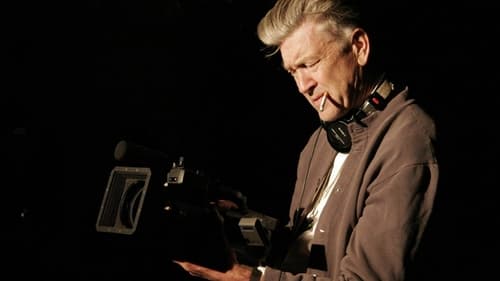
Second Unit Cinematographer
LYNCH (One) es una inmersión en la mente de uno de los más grandes directores norteamericanos de cine, David Lynch. Tras un exhaustivo trabajo de recopilación de material y documentación, realizado a lo largo de dos años, esta película desvela muchos de sus intereses creativos, así como su inagotable pasión por dirigir. A través de LYNCH (One) se descubre al mismo tiempo que al propio David Lynch, el proceso creativo que le llevó a completar la que hasta ahora ha sido su última película, Inland Empire (2006), compartiendo su trabajo, sus dudas y sus logros...
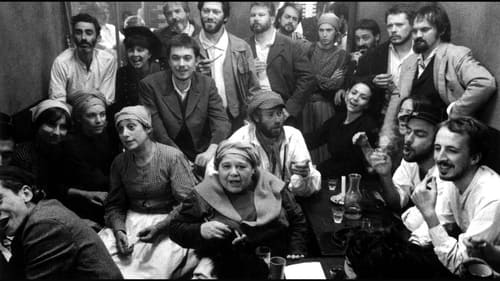
Director of Photography
Estamos en París en el año 1871; mientras que un periodista de Versalles TV transmite información falsamente tranquilizadora, se crea una Televisión Comunal, que refleja la opinión de los insurgentes de la capital francesa. Así, estas dos cadenas cubren la revolución y gobierno de la Comuna de París, entre el 26 de marzo y el 28 de mayo de 1871, de una manera totalmente diferente. El canal público oficial, TV Nacional de Versalles, da una versión oral y excluyente de los acontecimientos, que contrasta con la de la recién creada TV Comunal. Esta última pretende dar la palabra a los mismos ciudadanos que la otra televisión ciega y amordaza. Pero no sólo eso sino que pretende dar la palabra también a los actores que encarnan a esos ciudadanos, y que tienen su opinión acerca de las injusticias que ciento treinta y tres años después perviven en la sociedad contemporánea.

Technical Supervisor
The film portrays the Swedish playwright, novelist, poet, essayist and painter August Strindberg's life 1849-1912. Through his extensive correspondence and literary production, from the supposed first work, the drama "The Free Thinker" (1869), to the posthumously published "The Occult Diary" (published 1977 ). But also his three wives, Siri von Essen, Frida Uhl and Harriet Bosse, and the children Karin, Greta and Hans are given space in the film. The unpublished first drama "The Free Thinker", depicts a young man forced to break with family and tradition to follow his conscience and ideals, becomes a prophecy about the author's own life.
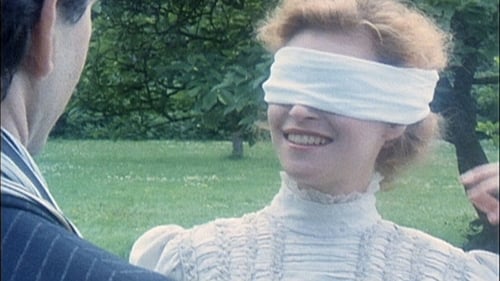
Director of Photography
Denmark, by the end of the 19th century. Gov. Dihmer gives his resignation because of his illness. Two friends, a pastor and a physician, try to awaken his willpower and transcend a journey to Italy. Meanwhile, in the homeland, there are political breakthroughs that make little hope for new times.

Director
Den grønne heisen (English: The green elevator) is a 1981 Norwegian comedy film directed by Odd-Geir Sæther, based on a play by Avery Hopwood, and starring Rolv Wesenlund and Øivind Blunck.

Cinematography
A man is released from prison. He returns to the small community he used to live in.

Cinematography
German film.

Cinematography
The sawmill in a northern Swedish village close down. Nils becomes unemployed. In order to cope with needs of his family, he is forced to travel south. His wife Karin and the children will stay in the village until further notice. Nils starts working at a factory. In addition to the job, he has been promised a good residence so that the family can move to him.

Cinematography
Based on a play by Henrik Ibsen (Norwegian)

Cinematography
During a night in June, Kai is making an encounter with his wife's family, one after one. She has left him, and he wants to know why.

Cinematography
Bør is startled when he discovers that his father-in-law is becoming more Norwegian than he is. The father-in-law is about to raise the village's highest flagpole. Bør can't sit still and watch, and that's why the fight and the intricacies are underway.
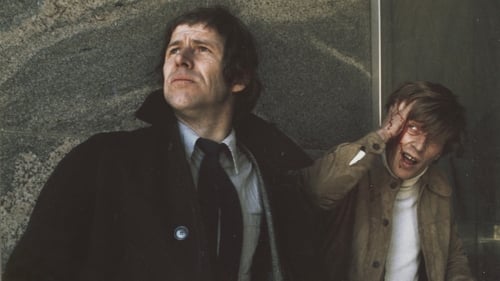
Director of Photography
Un policía se encuentra ingresado en un hospital de Estocolmo cuando es brutalmente asesinado. Martin Beck y Einar Rönn iniciarán la investigación del caso. El hombre asesinado era una persona infame, conocido entre sus colegas por abusar de sus privilegios de policía.
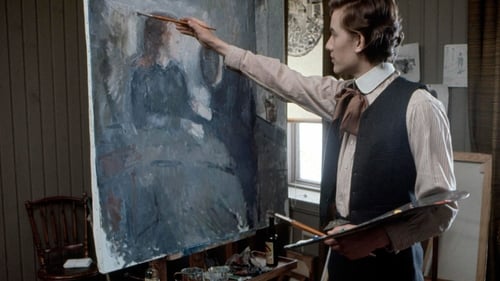
Director of Photography
Drama documental que describe al joven Edvard Munch. Muchos de los diálogos fueron tomados del diario íntimo de Edvard Munch. Todos los personajes están interpretados por actores amateurs, lo que otorga al film algunas características de documental ficticio.

Cinematography
Nikolai seeks solitary to work in peace, and realize himself, when Ilni rises from the sea. She is also seeking herself, but also common bonds with people. Eva thinks she a snake in the garden of eden, forcing Nikolai to do wrong.
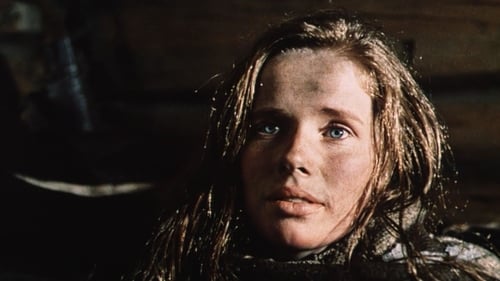
Still Photographer
In Norway in the 1600s, An-Magritt is born as the result of a rape.

Cinematography
A man who can not laugh gets help by a psychiatrist.









